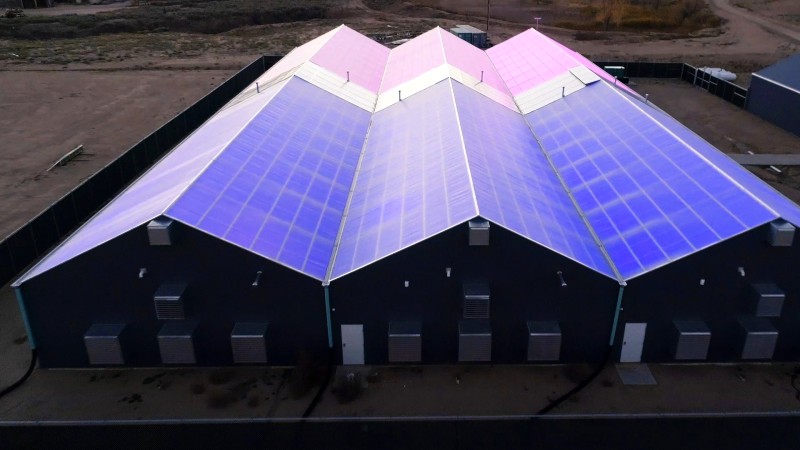Entering a new decade, the future is bright for cannabis. Legislation is changing across the world, innovations abound, discoveries are being made, and the winds of stigma are shifting. These changes are in no small part due to the businesses that are innovating the industry. In 2019, we awarded several companies with Sustainable Leadership Awards. Now, we’re sitting down with each to dive deeper into the subject of sustainability and why it is so important to not only each company, but the industry – and the world – as a whole.
Award Category: Water
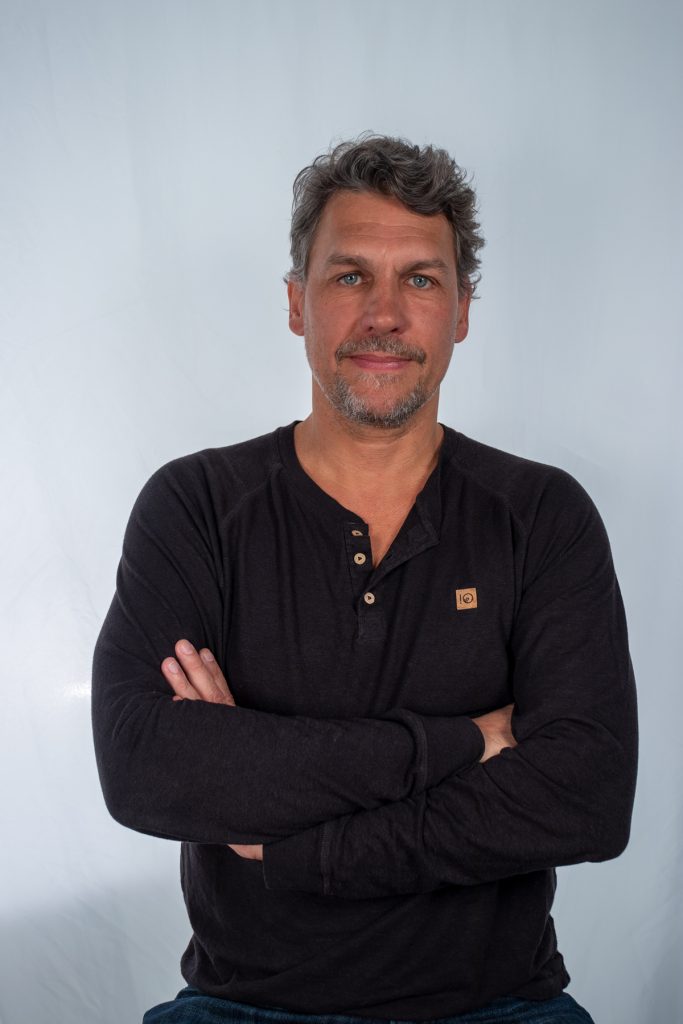
Rich Gellert, President,
HydroLogic Purification Systems
Why was it so important for you to weave sustainability into the fabric of your company?
HydroLogic has been focused on water and all of its implications relevant to cannabis since I sold my first system back in 2005. I graduated with an MBA/Masters in International Environmental Policy, so conservation was part of HydroLogic’s mission statement from the very beginning. In fact, it was the poor quality and wastefulness of reverse osmosis systems of that time that gave me the incentive to build a better product. HydroLogic’s first commercially available reverse osmosis filter was 75-percent more efficient than its competition, achieving a standard that remains the benchmark for consumer grade filters to this day.
How does HydroLogic work to make the cannabis industry more sustainable?
HydroLogic went on to be the first to bring to market sustainable coconut carbon filters, condensate reclamation systems, nutrient reclamation systems for commercial farms, and containerized wastewater treatment systems. What’s next? Through our commercial division, HyperLogic, we are currently involved with several industrial-scale, water conservation-focused grow facilities across North America. One of the most exciting is co-designing a first-of-its-kind irrigation system with Coachillin’ Holdings, four million square feet of grow with zero wastewater. This will be made possible with multiple onsite cash-crops, each with a particular kind of bioremediation function within the larger system. The only waste produced will be drinkable water and dry fertilizer, which we be barreled up and resold/reused.
What are some of the most unsustainable practices impacting the cannabis industry right now?
From our perspective, much more water is going down the drain than is necessary. For instance, HVAC condensate creates an enormous volume of waste, as it is not consistent enough in quality to take the risk of recycling back into irrigation. Our ARCS technology recovers HVAC condensate, treats, sterilizes, and pH balances it, making it as good as typical reverse osmosis product water, perfect for nutrient formula mixing. In some cases, within sealed environments, this method can provide up to 80-percent of a grower’s daily water demand.
How does sustainability apply to the growth of one’s business, rather than just environmental benefits?
Our commitment to sustainable practices at HydroLogic has attracted top-notch talent. With today’s new water regulations, we need the industry’s best people to help create systems that allow leaders in the field to do business. We firmly believe that much of what we are doing today will open doors to other parts of the larger AG industry, as water conservation becomes more than just lip service, but more a matter of long-term prosperity.
Award Category: Packaging
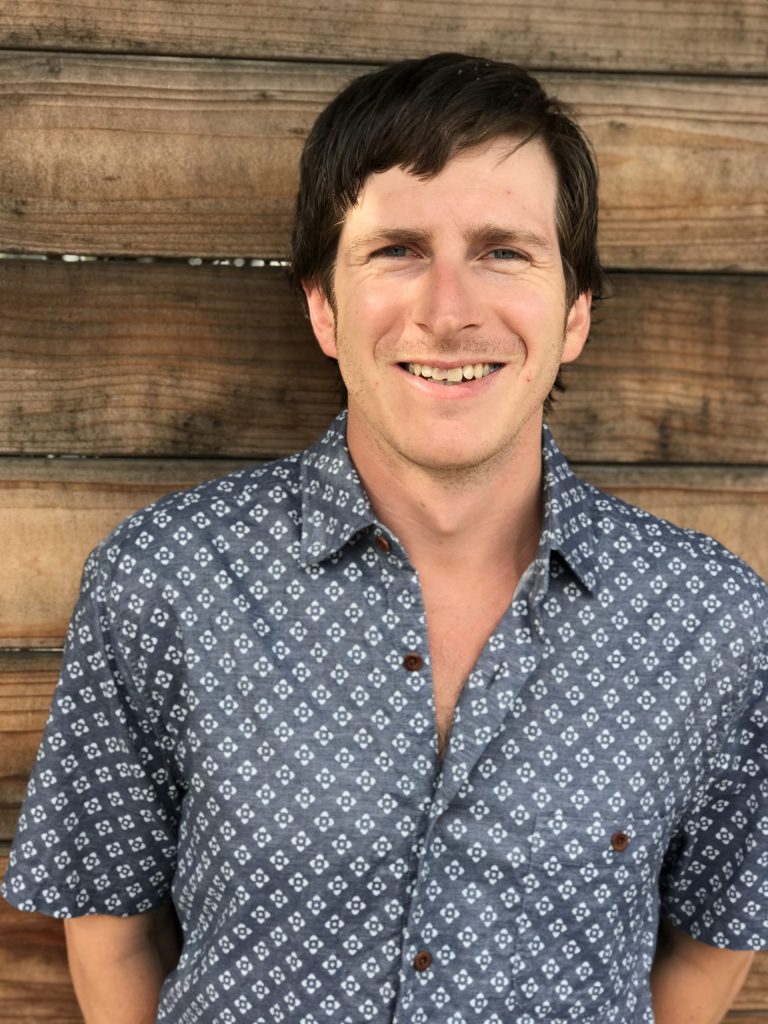
James Eichner, Co-founder, Sana Packaging
Why was it so important for your company to weave sustainability into the fabric of what you do?
To paraphrase Greta Thunberg, this is not the time and place for dreams but the moment in history when we need to be wide awake. At Sana Packaging, we’re wide awake and we believe sustainability is not just a responsibility but an obligation.
How does your company work to make the cannabis industry more sustainable?
What we’re ultimately trying to do is design and develop cannabis packaging for a circular economy. A circular economy is restorative and regenerative by design and adheres to three guiding principals: (1) designing out waste and pollution, (2) keeping products and materials in use, and (3) regenerating natural systems.
The materials we work with include 100-percent plant-based hemp plastic, 100-percent reclaimed ocean plastic, and other innovative materials. That said, materials are just one piece of the puzzle. The other – more complicated – piece of the puzzle is our waste management infrastructure. So from a strategic standpoint, we’re also trying to address the greater systematic issues that have led to the degradation of our waste management infrastructure.
What are some of the most unsustainable practices impacting the cannabis industry right now?
Unfortunately, there are a lot of unsustainable business practices in the cannabis industry. Some are due to the regulatory environment and some are due to producers not taking responsibility for their negative externalities. Just looking at cannabis packaging, three things that drive me crazy are: (1) exit bags, (2) the use of mixed materials, and (3) the use of crappy materials like polystyrene.
How does sustainability apply to the growth of one’s business?
Without a healthy environment there is no such thing as a healthy business, so sustainability is a must. Looking specifically at packaging, consumers are demanding change, and packaging is becoming viewed as part of the product. It’s no longer just a commodity. And businesses that use sustainable packaging can make that part of their brand story and weave it into their marketing efforts. It’s a win-win for your business and the environment.
Award Category: Innovation
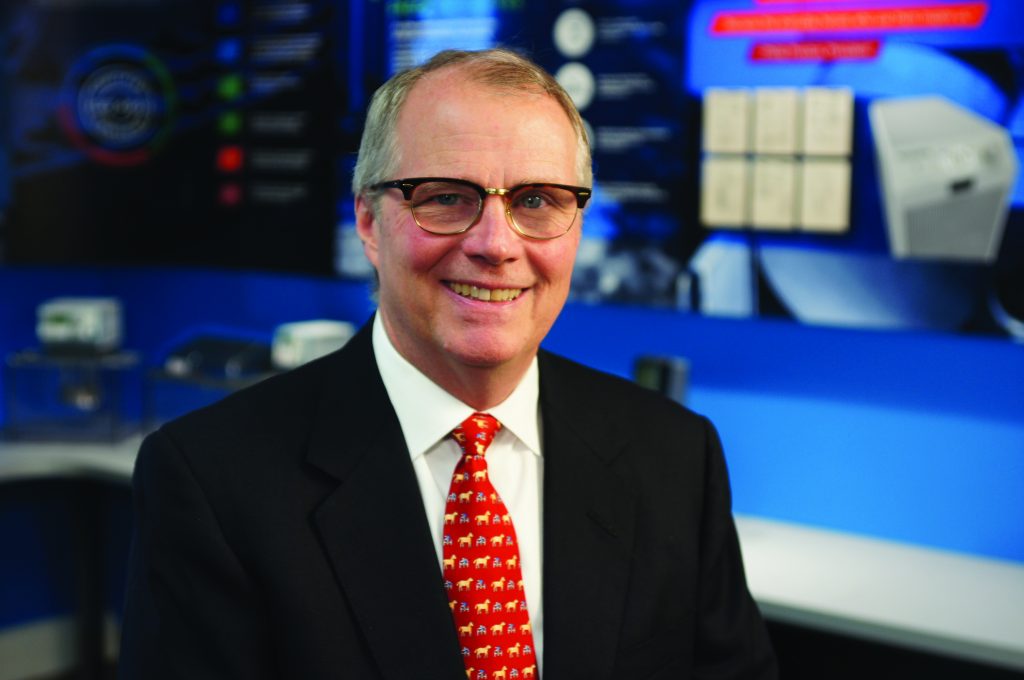
Philip Preston, President, PolyScience
Why is it important for your company to weave sustainability into the fabric of what you do?
The awareness of sustainability in our production facility has grown significantly in the last 10 years and our customers are demanding it. Additionally, it is very important to me on a personal level.
When you develop a product, do you look at sustainability as a part of the development process?
We do. We look at the product specifically and we look at all of the processes associated with it. And with our latest release of Chillers, we actually exceed the performance of the prior product while utilizing half of the refrigerant gas, which is a contributor to global warming.
What are some of the most sustainable practices PolyScience is doing to impact the cannabis industry?
Well, I think most of the practices that we’ve put in place really impact all of our industries, in that we’ve reduced the amount of refrigerant gas, we’ve invested in the equipment to migrate to refrigerant gases that have virtually no global warming potential, but there can be even very simple things that we put in place. Our entire facility has been insulated and we do everything we can to build products with the least amount of energy put into it in terms of gas, electricity, etc. Additionally, we have a very structured ISO 14,000 system, whereby we’re recycling and minimizing waste. It comes down across the product from our choices in packaging material to how we recycle every piece of scrap metal.
How does sustainability apply to the growth of one’s business, rather than just environmental benefits?
Well, as a privately held business, I think we have the luxury to look at this from a very personal perspective as well as a business perspective. And for me, it is extremely important that we’re very responsible towards the environment. But just from the pure business perspective, I like to believe that customers will choose a company that has made the investment in the environment and in structured systems that reduce waste and reduce their impact. I think it’s a good indicator that they’ve also put that same level of diligence into the quality of the product and the innovation in the product.
Award Category: Event
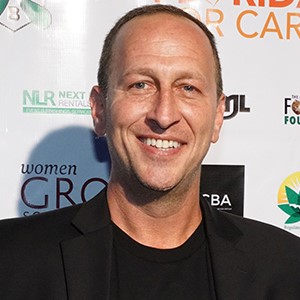
Robert Friedman, Founder, Cannabis LAB
Why was it so important for your company to weave sustainability into the fabric of what you do?
One of the first questions we asked before starting this company was how to address and achieve sustainability. Not only is it one of the more important issues of our time, but also its meaning resonates throughout each stage of business development, or at least it should. Sustainability for the environment, for our community, our employees, members, business practices, and more are critical components to weave into the tapestry of one’s personal and professional life.
How does your company work to make the cannabis industry more sustainable?
As an education and networking association for the industry, we believe we are a front line weapon for sustainability. By constantly educating on best practices and benefits of sustainability, we make sure information and expertise are readily available for companies. For those who wish to be good corporate actors and do what they can for sustainability, we provide the resources necessary to make that happen.
What are some of the most unsustainable practices impacting the cannabis industry right now?
Staying focused on environmental sustainability, I would say packaging and illicit market sales are the most unsustainable. I do not think either requires much explanation here, but there is clearly a need to focus on less packaging that is also more eco-friendly, as well as stop the illicit market from putting out dangerous products which cause illness/death and other environmental concerns.
How does sustainability apply to the growth of one’s business, rather than just environmental benefits?
From a business perspective, sustainability and growth should be considered synonymous. Rooted in this commitment to sustainability, businesses doing community outreach, volunteerism, and philanthropy, while finding other ways to practice what they preach, ought to achieve the growth they desire.
Award Category: Energy

Brandon Newkirk, VP of Marketing, LumiGrow
Why was it so important for your company to weave sustainability into the fabric of what you do?
We have an enormous opportunity in front of us with the creation of this burgeoning industry. But, there is also great risk. Did you know that, even before legalization, one percent of all electricity used in the United States was consumed by cannabis-related operations? In some cities it’s almost as high as four percent. I’ve seen too many news sites report stories on how we don’t yet have a better way forward. We do have a better way. We have the “know-how” and technology already developed and it’s being used on a commercial scale. The beautiful part of it is that saving electricity equates to saving dollars, so in this case there’s a real harmony between profit and sustainability. We’re just proud to be leading the way.
How does your company work to make the cannabis industry more sustainable?
At LumiGrow, we design smart lighting technologies and various sensor integrations specifically for growers. Our products are all designed to improve a commercial grower’s profitability, and each product does so in its own uniquely sustainable way.
It’s no surprise that our LED grow lights save electricity, since we all know that LEDs are more energy-efficient than any other fixture on the market. We’ve taken this savings a step further with our smartPAR Wireless Control System by being able to dim the light fixtures or adjust the light spectrum wirelessly from your smartphone, tablet, or computer. This has the added benefit of improving crop health by delivering the amount of light your crops’ growth stage and cultivar requires.
When we move smartPAR into a greenhouse, things get really interesting. You can easily set your light fixtures to automatically adjust to weather patterns and deliver the exact amount of light your plants need. We do this to ensure that every plant in your greenhouse gets the optimal amount of light it needs, every day of the year without using more electricity than necessary.
We’ve also just released our SporeCam, a disease detection sensor that alerts you of disease pressure before your plants get sick. Not only can you save yourself from the devastation of losing an entire crop, but it allows you to make more sustainable choices to prevent disease once you know it’s present, rather than resorting to treatment methods that may not be sustainable or all that effective.
What are some of the most unsustainable practices impacting the cannabis industry right now?
Irresponsible electricity usage is a huge problem in the cannabis industry. Namely, this comes down to lighting and HVAC. On the lighting side of things, HPS is the main culprit, using significantly more electricity than LEDs. There was a time when LEDs were in their early phases and there were questions about how effective they could be. But, we’re now in a technological age where LED fixtures are both powerful enough and cost-effective enough to get the job done right. It’s just important that you go with an LED company that’s been proven effective, as there’s still a lot of low-grade equipment on the market.
How does sustainability apply to the growth of one’s business, rather than just environmental benefits?
The great thing is that with lighting, business and environmental sustainability go hand-in-hand. We’re not developing technology just so that you can feel good about your environmental impact, though we respect organizations that are focused on conservation. With our lighting you can make the right decision with your wallet first, and the environmental impact will follow. By delivering the right amount of light to your crops, you’re essentially growing the healthiest plant possible, and the money saved on electricity can go directly to your bottom-line. In a greenhouse, the benefit of smart lighting gets even better because you’re utilizing the full benefit of your sunlight, and it’s free. We don’t need to ask you to care about your electricity use because we’ve already done this for you. All you have to do is care about running your business and, with LumiGrow, the rest will follow. ϖ
Pictured above is LumiGrow’s state-of-the-art facility, designed to maximize solar energy production. From solar energy to reusable plastic, these innovators show that all it takes is a little creativity to make your company more sustainable.

